Guide to Adopting a Pet from Another State
Navigating State-Specific Regulations and Laws
Understanding State-Specific Licensing Requirements
Adopting a pet from another state requires careful attention to varying state laws. Each jurisdiction maintains unique requirements for vaccinations, microchipping, and transportation documentation. For example, rabies vaccination certificates are mandatory for interstate transport in most states, while others may demand additional health clearances. Overlooking these details could lead to quarantine periods or adoption delays, making thorough research imperative before initiating the process.
Beyond basic health requirements, some states enforce breed-specific legislation or exotic pet restrictions. Certain counties may mandate special permits for animals like pit bulls or reptiles. Prospective owners should contact both the originating and destination state's Department of Agriculture to verify all necessary paperwork. This proactive approach prevents last-minute complications during the adoption transfer.
Transporting Your New Pet Across State Lines
Safe interstate pet transportation involves more than just securing a carrier. The USDA mandates specific crate dimensions, ventilation standards, and temperature controls for extended journeys. Airlines and ground transport services must comply with these Animal Welfare Act regulations. Proper hydration and rest breaks every 4-6 hours are non-negotiable for animal welfare, particularly during summer months when heatstroke risks escalate.
Documentation requirements vary significantly by state. While some accept basic health certificates, others require USDA-endorsed veterinary inspection within 10 days of travel. Certain breeds like snub-nosed dogs may need additional medical clearances due to respiratory risks during air travel. Consulting with professional pet relocation services can help navigate these complexities, especially for first-time adopters.
Addressing Potential Legal and Health Implications
State laws governing pet ownership extend beyond adoption day. Some jurisdictions mandate annual licensing fees or restrict certain breeds from residential areas. For instance, Miami-Dade County prohibits pit bulls entirely, while other areas require liability insurance for dangerous breeds. These ordinances can impact housing options and should be researched before finalizing any adoption.
Veterinary standards also differ regionally. Heartworm prevalence in southern states often necessitates additional preventative treatments compared to northern climates. Adopters should request complete medical records and schedule a post-adoption exam with a local veterinarian. This establishes baseline health metrics and ensures compliance with regional parasite control protocols.
Post-Adoption Steps and Considerations
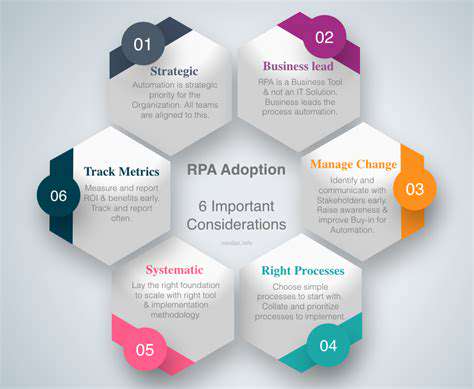
Post-Adoption Legal Matters
After completing an adoption, several legal formalities require attention. Finalizing adoption decrees through family court establishes permanent guardianship, while amended birth certificates provide proper identification. Some states mandate post-placement visits from social workers during probationary periods. Maintaining organized records of all legal documents prevents complications during school enrollment or medical care.
Ongoing compliance remains crucial. Many jurisdictions require annual updates for subsidy agreements or special needs accommodations. Changes in family circumstances like relocation may trigger additional court filings. Establishing a relationship with an adoption-competent attorney helps navigate these requirements efficiently.
Important Considerations for the Adoptive Family
The transition period demands patience and flexibility. Children from foster care often benefit from structured routines and trauma-informed parenting approaches. Professional counseling helps address attachment disorders or developmental delays, while support groups connect families facing similar challenges.
Financial planning should account for therapy costs, educational assessments, and potential medical needs. Many states offer adoption subsidies for children with special needs, though application processes can be complex. Creating a dedicated savings fund provides stability when unexpected expenses arise.
Building a robust support network proves invaluable. Connecting with other adoptive families normalizes challenges, while respite care programs prevent caregiver burnout. Maintaining open communication about the child's history fosters healthy identity development as they mature.
Read more about Guide to Adopting a Pet from Another State
Hot Recommendations
- Review: [Specific Brand] Small Animal Cage
- Why Rescuing Pets Saves Lives
- Best Pet First Aid Kits [What to Include]
- How to Help Stray Animals in Your Community
- Guide to Adopting a Pet When You Have Kids
- Top Reptile Heat Lamps
- Heartwarming Rescue Stories That Will Inspire You
- Review: [Specific Brand] Bird Cage
- Best Aquarium Filters [2025 Review]
- Review: [Specific Brand] Smart Litter Box
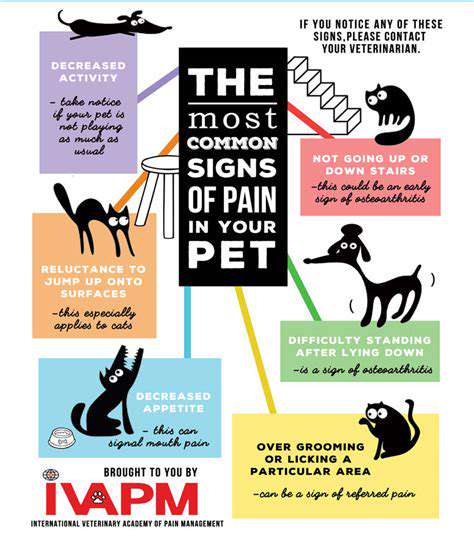

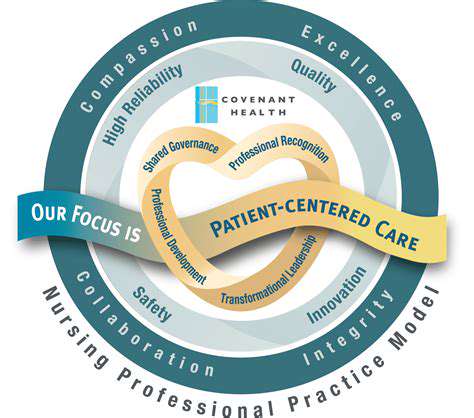
![Best Pet Strollers [For Seniors or Injured Pets]](/static/images/33/2025-05/ImportantConsiderationsBeforePurchase.jpg)

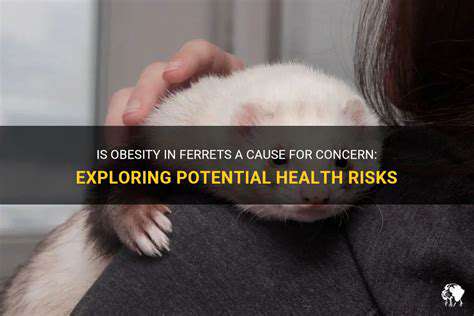


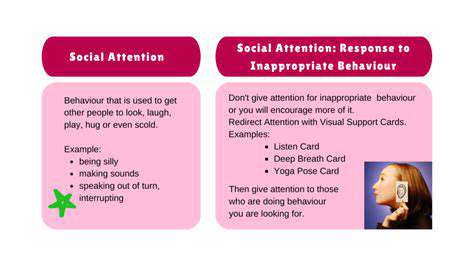
![Best Pet Carriers for Airline Travel [Review]](/static/images/33/2025-05/TopCarrierChoices3AAComparativeLook.jpg)

![My Experience Rescuing a Small Animal [Story]](/static/images/33/2025-05/AJourneyHomeandCaringfortheTinyTraveler.jpg)